Sue Denham, PhD in Physics holds a Professorship in Cognitive Neuroscience at the department of Psychology in Plymouth University and is director of the Cognition Institute https://www.plymouth.ac.uk/research/institutes/cognition
Prof Denham has published a series of influential studies in the area of auditory cognition both from empirical and neurocomputational modelling angles. In addition, she has applied these insights in the development of computationally efficient implementations for practical technological applications, and in the creation of novel devices. Sue has been funded multiple times from BBSRC, EPSRC, Leverhulme, Welcome Trust and ERC among other funding agencies; and has been coordinator of three FP7 European projects. Currently she is the coordinator of the EU FP7 Marie Curie Initial Training Network (FP7-PEOPLE-2013-ITN-IDP 604764; €4.1m) “CogNovo: Cognitive Innovation” (2013-2017).
The title of her exciting talk is: “What can perceptual multistability tell us about perception?”, in Lawrence Lecture Theatre today, the 5th of May, 15h, in the context of the Psychology Department Seminars organized by Dr Sebastien Miellet, Head of the Cognition and Cognitive Neuroscience Research Center.
Abstract: “The phenomenon of perceptual multistability, i.e. qualitative changes in perception in response to an unchanging stimulus, has been known for many years, originally in the form of binocular rivalry. More recently, perceptual switching has also been observed in other visual tasks (e.g. form from motion, visual plaids, Necker cube) and modalities, notably in the two auditory paradigms of auditory streaming and verbal transformations, both of which give rise to multistable states. Perceptual multistability poses many interesting questions for theories and models of sensory perception, and provides ways to explore the neural correlates of differences in (conscious) perceptual awareness without confounds caused by differences in stimulation or individual. In this talk I will discuss the somewhat surprising similarities between visual and auditory perceptual switching data, illustrated through Levelt’s four propositions. These suggest a common modelling strategy which in turn leads to new ideas of what constitutes an auditory object”.
We are all looking forward to her talk which is interesting for many of us at BU since Sue has worked in areas ranging from cognition to neural computation.
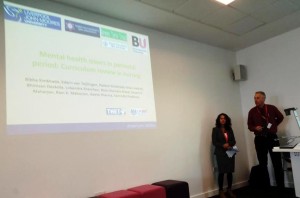
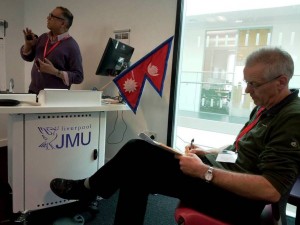


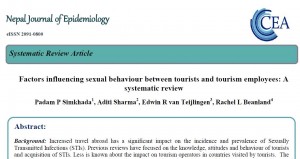
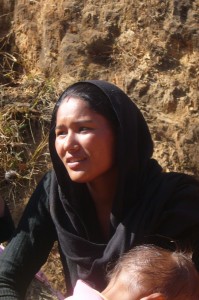
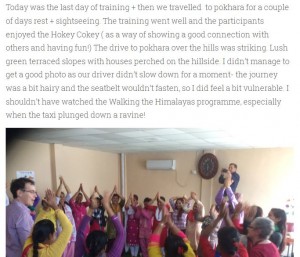
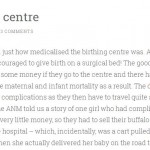

 The April issue of the Journal of Neonatal Nursing will publish the latest article written by a combination of Faculty of Health & Social Sciences staff and Visiting Faculty. The paper ‘Experiences of fathers with babies admitted to neonatal care units: A review of the literature’
The April issue of the Journal of Neonatal Nursing will publish the latest article written by a combination of Faculty of Health & Social Sciences staff and Visiting Faculty. The paper ‘Experiences of fathers with babies admitted to neonatal care units: A review of the literature’ 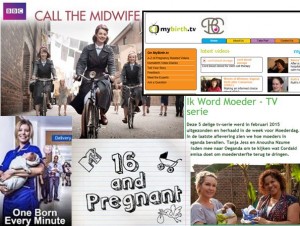 Our latest paper in the international journal BMC Pregnancy & Childbirth published late last month was highlighted yesterday in a
Our latest paper in the international journal BMC Pregnancy & Childbirth published late last month was highlighted yesterday in a  Our paper is great example of interdisciplinary research, as celebrated at the forthcoming Interdisciplinary Research Sector Day on June 21st (
Our paper is great example of interdisciplinary research, as celebrated at the forthcoming Interdisciplinary Research Sector Day on June 21st (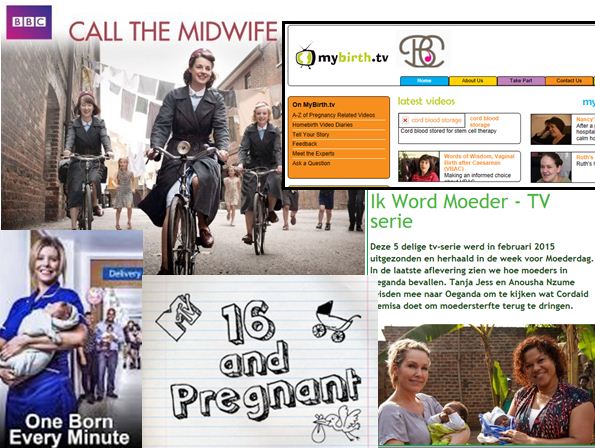
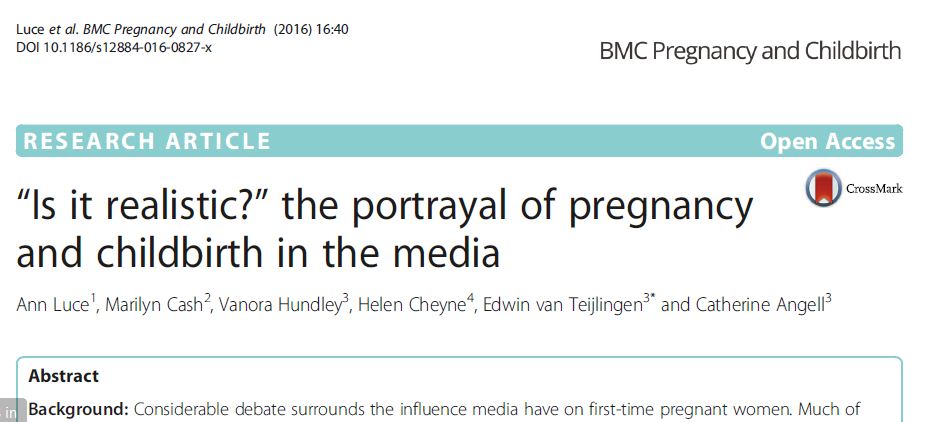












 Connecting Research with Practice: FoodMAPP Secondment in Austria and France
Connecting Research with Practice: FoodMAPP Secondment in Austria and France Health promotion paper read 8,000 times
Health promotion paper read 8,000 times The Beautiful Work Challenge: On Birth
The Beautiful Work Challenge: On Birth Free event on Solutions to Inequalities in Dementia Diagnosis and Care
Free event on Solutions to Inequalities in Dementia Diagnosis and Care MSCA Postdoctoral Fellowships 2025 Call
MSCA Postdoctoral Fellowships 2025 Call ERC Advanced Grant 2025 Webinar
ERC Advanced Grant 2025 Webinar Horizon Europe Work Programme 2025 Published
Horizon Europe Work Programme 2025 Published Horizon Europe 2025 Work Programme pre-Published
Horizon Europe 2025 Work Programme pre-Published Update on UKRO services
Update on UKRO services European research project exploring use of ‘virtual twins’ to better manage metabolic associated fatty liver disease
European research project exploring use of ‘virtual twins’ to better manage metabolic associated fatty liver disease